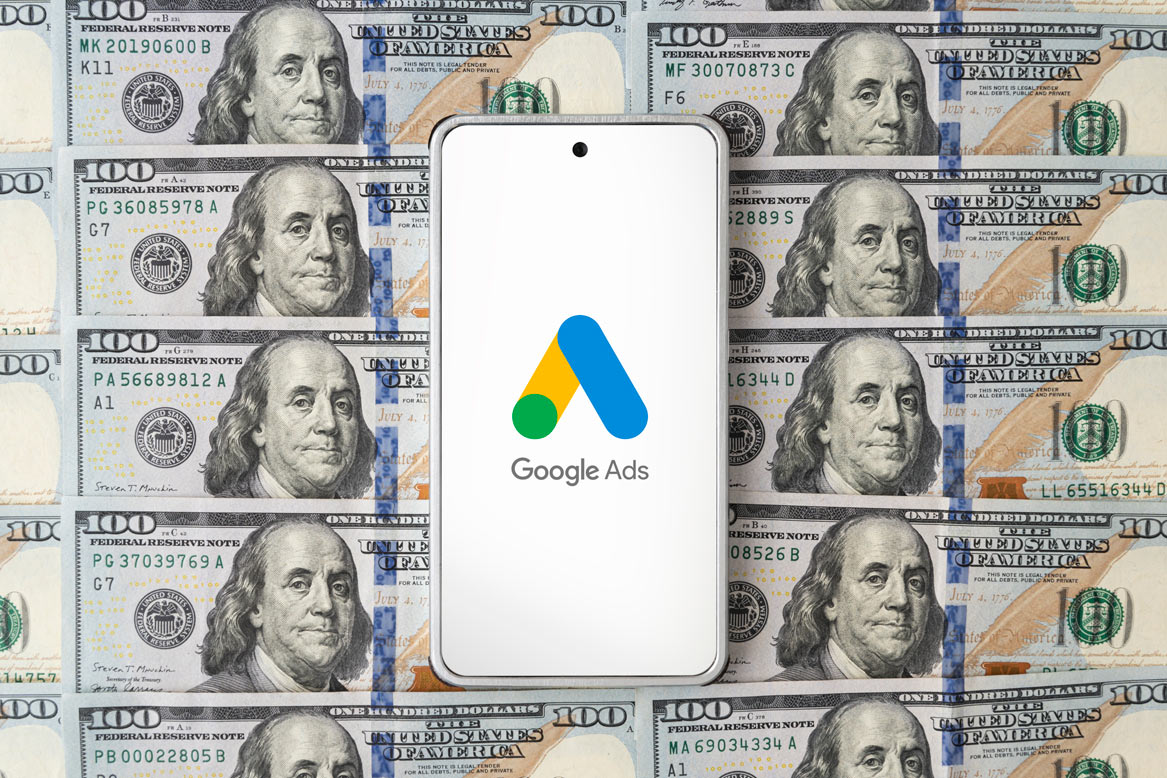Google is always evolving, and unfortunately we have to evolve along with them. Here’s the big issue – with the implementation of G4, loss of third party cookie tracking, sunsetting of Google UA Analytics around July 1, we are just now starting to really see the new world of conversion tracking for Google Ads – and it is not pretty.
The Issue is Third Party Cookies
The Chrome browser will be retiring third party cookies use next year. More states in the US have been enacting privacy regulations to allow users visiting your website to choose which cookies to allow; which is in effect getting rid of your ability to fully track users to your website. You will now only be able to track the people who allow your first party cookies.
On one site when we allowed users to opt out of marketing and conversion tracking, the recorded activity dropped nearly 80%. The ability of users being able to choose what you, as a website owner, can track is starting to impact Google Ads conversion reporting as well.
Sunsetting of UA Analytics
G4, the new version of Google Analytics, is not easy or intuitive to use. It is hard to find clear revenue and ad spend figures in G4 that have been derived from Google Ads activity. Add to that, the fact that Google puts Google Ads Performance Max and shopping program results in a new channel category called “cross network” and this channel is not marked as results coming from Google Ads clearly.
Cross Network Tracking
Plus, Google and Google Ads have been slow to enable conversion tracking for cross network use. This important metric is still being enabled slowly account by account in Google Ads. We have only one client who has received notice so far, that this feature has been turned on for their account. Once enabled, cross network conversions will provide a modicum of additional information for conversion reporting and raise the current dismal numbers slightly.
The new world of conversion tracking and reporting in Google Ads is a murky one at this point.
Visitors Are Opting Out Not In
Given an opportunity to opt out of tracking and conversion cookies on a website, visitors are opting out and not in. In G4 Analytics, you must manually add cross network activity to the paid search activity to arrive at a somewhat accurate figure for activity be that traffic or revenue.
I am sure that Google will be addressing these issues in the future, but for now G4 is not easy to use, conversion set up difficult, and validity of the data murky.
A Drop in Reported Conversions and Revenue
We are seeing significantly lower conversion and revenue numbers flowing into Google Ads. As a Google Partner and experienced account manager, it is very important to explain to our client/advertisers that this does not mean that Google Ads is not working for them, but rather that all data can simply not be captured and reported as before.
What to Do?
We feel that having our clients watch overall sales, contact form submissions, and review activity against prior years and periods, in addition to information that we can glean from overall site traffic will be important to review in conjunction with Google Ads activity.
Clients should be apprised, in advance, that Google Ads conversions may drop during this transition period and that these lower reported conversion and revenue numbers will most likely be the new reality.
As account managers, we will now have to look at the total sales/leads, if clients will share the data with us, and review actions back on the website, if we have access to their G4 accounts, to get a fuller picture of Google Ads marketing efforts to continue to communicate the value of Google Ads as an investment in our clients’ business growth.
Welcome to the Future
Welcome to the new world of conversion tracking and reporting for Google Ads! However, we are up to the challenge to help you get the most activity possible on Google Ads, even in light of some of these adversities. With more than 15 years of experience on the platform, McCord Web Services is a Google Partner and expert in Google Ads account management.
For more information about our services, we invite you to visit our Google Ads services section and our white label agency services section.
About the Author, Nancy McCord
Nancy McCord is the CEO and Founder of McCord Web Services LLC. She started the firm in 2001 and has been a professional Google Ads account manager for more than 15 years. She is considered to be an expert in Google Ads, Microsoft Advertising, and Search Engine Optimization.




